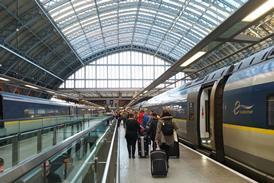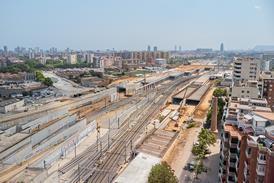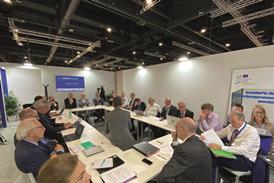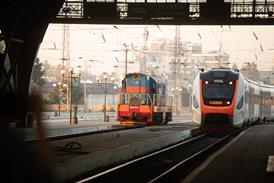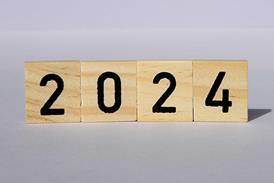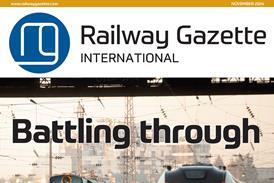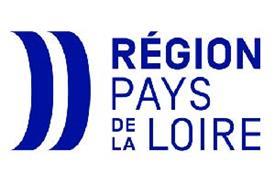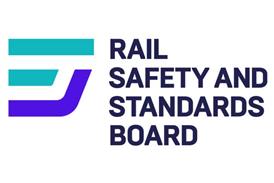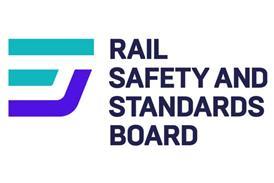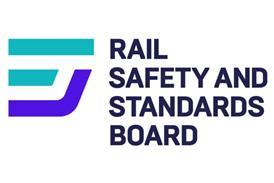INTRO: Taking place in Montréal on June 4 - 8, the 2006 World Congress on Railway Research will promote international co-operation in the fields of operational, environmental and safety management, as well as discussing more traditional engineering topics
BYLINE: Roy Allen and Mike Lowenger*
BYLINE: *Roy Allen is President of Transportation Technology Center Inc, the research subsidiary of the Association of American Railroads, and Chairman of the WCRR organising committee. As Vice-President, Operations & Regulatory Affairs, at the Railway Association of Canada, Mike Lowenger is Chairman of the WCRR Montréal planning committee
THE WORLD Congress on Railway Research has an established track record in bringing together the largest, most comprehensive group of railway researchers, technology experts, and decision makers at a single international conference. As Co-Chairmen of the seventh event, it is our pleasure to welcome delegates from 35 different countries around the world to Montréal, where we are sure that the North American edition of WRCC will live up to the high standards set by previous congresses.
This congress will be different to its predecessors, which were each organised by only one country. The USA, France, Italy, Japan, Germany and the UK have each hosted one congress. Although the 2006 event is being run within the overall guidance and policies set out by WCRR organising and executive committees, it is the first event to be jointly organised by representatives from two countries - Canada and the USA. Hence we can call it a truly North American event.
The goal of WCRR is to promote international sharing and co-operation in the fields of railway research and innovation in many aspects of railway engineering, operations, environmental and safety management. Thus the technical programme for Montréal focuses on applied research, relating to the key issues which govern technical and economic progress in the rail industry.
From a North American perspective, the key topics of debate at present revolve around capacity, service reliability and sustainable development for railway networks. And we are well aware that these issues are not unique to the American market. Thus they will be addressed by two of the plenary sessions, with the third devoted to the regular WCRR theme of international research partnerships.
Capacity and reliability
Those of us in North America know that capacity and service reliability are absolutely critical if the freight rail-roads are to continue their drive for improved financial performance. Overall demand for freight transport in North America has increased with general economic growth. Railroads have shared in that growth, both in terms of tonnes originated and in freight revenue earned.
During the decade from 1995 to 2004, the number of carloads originated in the USA increased by 27%, tonnage by 19%, and tonne-km by 27%. The growth in traffic volumes continued in 2005, with US railroads setting new records for both tonne-km and intermodal loads.
Increased demand and its impact on congestion and density have led to service problems in some areas. Ironically, because congestion and capacity issues have held back improvements in the quality of service, this has led to resistance by some shippers to the increased rail tariffs which are needed to fund essential capacity improvements.
One way the North American railroads have addressed demand and capacity constraints has been to increase axleloads. This in turn has impacted on the ’stress state’ of the industry, bringing pressure to accelerate a variety of efforts to develop and implement technological advances.
Considerably more attention is being paid to the need to maintain fluidity of the network by improved operations. This includes running freight trains to fixed schedules, improving dispatcher decision-making, and more efficient terminal operations. There is also a growing recognition of the importance of avoiding on-the-road incidents, whether due to accidents or failures of track or rolling stock.
Sustainable transport
The first plenary session addresses the sustainability of transport as a whole. The topic embraces several key values:

